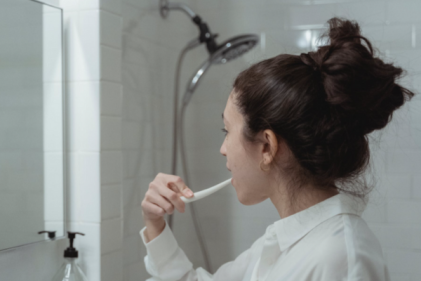Being in school means your child is naturally exposed to a wide range of infections and viruses. It's impossible to avoid this but there are measures you can take to limit your child's chances of coming down with a flu, cold or headlice.
Hygiene and a healthy diet
Many illnesses and infections such as coughs and colds can be avoided through the practice of good personal hygiene. It’s vital that you teach your child basic hygiene routines to avoid the spread of infection. Encourage your child to wash their hands regularly with soap and water before meals and after every visit to the bathroom. A healthy diet is vital in boosting your child’s immune system. It’s important that they are provided with a healthy and balanced lunchbox. You should avoid giving them sugary treats except as an occasional treat. The best option for a drink is to give them milk or water as juices or soft drinks contain large amounts of sugar.
Many illnesses and infections such as coughs and colds can be avoided through the practice of good personal hygiene. It’s vital that you teach your child basic hygiene routines to avoid the spread of infection. Encourage your child to wash their hands regularly with soap and water before meals and after every visit to the bathroom. A healthy diet is vital in boosting your child’s immune system. It’s important that they are provided with a healthy and balanced lunchbox. You should avoid giving them sugary treats except as an occasional treat. The best option for a drink is to give them milk or water as juices or soft drinks contain large amounts of sugar.
Chickenpox
Should your child get chicken-pox, they will need to be kept out of school for several days until they are no longer contagious. Chicken pox generally lasts between 10 and 14 days.
Head Lice
Outbreaks of headlice are very common in schools so it's important that every parent regularly checks their child's heads for evidence of head lice or eggs. Your child's hair should be regularly washed and combed with a special head lice comb. Also check with a pharmacist to see which the most effective treatment is. If you do find headlice in your child's hair, it's important to notify the school so that other parents can be warned to lessen the chance of an outbreak.
Outbreaks of headlice are very common in schools so it's important that every parent regularly checks their child's heads for evidence of head lice or eggs. Your child's hair should be regularly washed and combed with a special head lice comb. Also check with a pharmacist to see which the most effective treatment is. If you do find headlice in your child's hair, it's important to notify the school so that other parents can be warned to lessen the chance of an outbreak.











